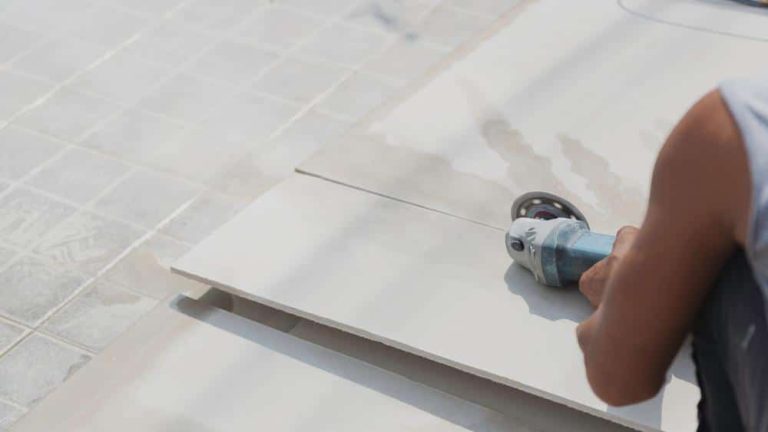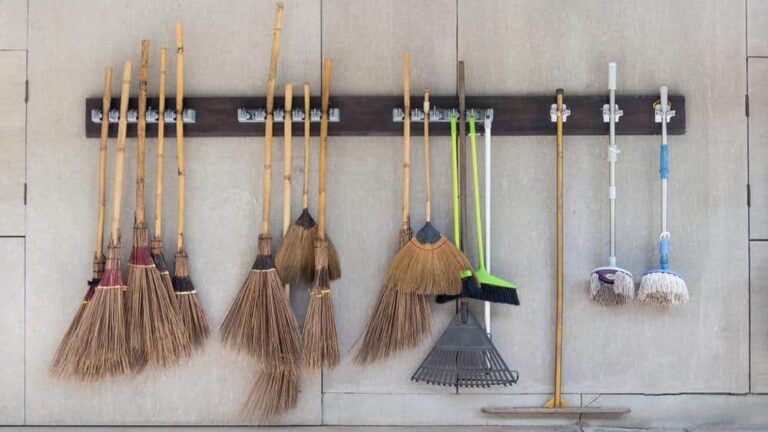When drilling into plaster, choosing the right drill bit is essential for achieving precise and clean holes. Plaster is a delicate material that requires special consideration due to its composition and fragility. In this article, we will explore the best drill bit for plaster and provide valuable insights on selecting the most suitable option for your project.
| No | Products Image | Products Name | Specialty | Price |
|---|---|---|---|---|
| 1. |  |
COMOWARE Titanium Twist Drill Bit Set | Best for Beginners | Check Price |
| 2. |  |
Owl Tools Masonry Drill Bit Set | Budget-Friendly | Check Price |
| 3. |  |
Makita B-49373 75 PC Metric Drill and Screw Bit Set | Comprehensive Set | Check Price |
| 4. |  |
DEWALT Masonry Drill Bit Set, 7-Piece (DW5207) | Masonry and Concrete | Check Price |
| 5. |  |
DEWALT DW1341 14-Piece Titanium Nitride Speed Tip Drill Bit Set | Multi-Purpose and High Performance | Check Price |
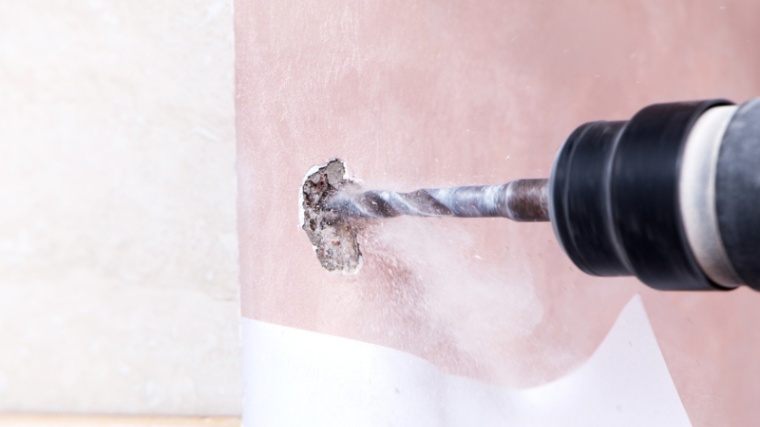
1. Introduction
Understanding Plaster
Before diving into the world of drill bits, it’s essential to understand what plaster is and its unique characteristics. Plaster is a building material commonly used for walls and ceilings, composed of gypsum, sand, and water. It provides a smooth, durable surface but can be pretty brittle if mishandled.
Importance of Choosing the Right Drill Bit
Selecting the correct drill bit is crucial for several reasons:
- It ensures clean and precise holes without causing unnecessary damage to the plaster.
- Using the right drill bit can increase wear on your tools and more work to progress.
- Choosing the right drill bit saves time and effort, allowing you to complete your project efficiently.
2. Why Drill Bit Selection is Crucial for Plaster
Plaster, unlike other common materials used in construction, presents a unique set of challenges when it comes to drilling. It’s a delicate material that requires both finesse and the right tools to ensure clean, precise holes without causing unnecessary damage. Here’s why selecting the appropriate drill bit for plaster is so vital:
- preserves structural integrity,
- produces cleaner holes for secure fixture installation,
- avoids dust and debris,
- minimizes vibrations to prevent damage,
- enhances efficiency,
- extends tool life,
- and ensures long-term cost-efficiency.
Prioritize using the appropriate drill bit to maintain the look, strength, and overall well-being of your walls.
3. Types of Drill Bits
When it comes to drilling, one size doesn’t fit all. The material you’re working with, the nature of your project, and the precision required all dictate the kind of drill bit you should employ. Let’s delve into the diverse world of drill bits and explore their unique features and applications.
Twist Drill Bits
Twist drill bits are versatile and widely used, featuring a cylindrical shape and spiralled grooves for various applications. Primarily used for metal, they also work well with wood and plastic.
- Key Features: Pointed tips provide accurate starts, and the spiralled design aids in chip evacuation.
- Usage Tips: Ensure longevity by using them at the correct speed and applying suitable lubricant when drilling into metal.
Masonry Drill Bits
Twist drill bits are versatile and widely used, with a cylindrical shape and spiralled grooves suitable for various applications. Primarily designed for metal, they also perform well with wood and plastic.
- Key Features: Pointed tips for accurate starts, and spiralled design aids chip evacuation.
- Usage Tips: Ensure longevity by using them at the correct speed and applying appropriate lubricant when drilling into metal.
Multi-Purpose Drill Bits
Multi-Purpose Drill Bits, designed for versatility, handle various materials like wood, metal, masonry, and some plastics, saving time by eliminating frequent bit changes.
- Key Features: Unique tip design and durable construction enable seamless transitions between different materials, often combining features of specialized bits.
- Usage Tips: When transitioning materials, start with a pilot hole for accuracy and to reduce the chances of the bit wandering.
In conclusion, choosing the right drill bit is crucial for project success, ensuring optimal results whether drilling delicate wood or tough concrete.
4. Features to Look for in a Plaster Drill Bit
Drilling into plaster requires precision and care, primarily due to its delicacy compared to other materials like wood or concrete. Selecting the right drill bit is pivotal to achieving the desired outcome without compromising the integrity of the plaster. Here are the essential features to consider when shopping for a plaster drill bit:
Material:
Opt for high-quality materials like carbide-tipped or high-speed steel (HSS) for durability when drilling plaster.
Tip Design:
Look for a sharp, pointed tip to initiate accurate drilling and minimize the risk of wandering or surface cracks.
Flute Design:
Choose a bit with a well-designed flute for efficient debris removal, reducing the risk of clogging and potential damage.
Shank Design:
Ensure a secure fit with a shank that prevents slipping, especially when applying pressure. Hex or triangle shanks are beneficial.
Length:
Consider the thickness of plaster walls; use extended bits for thicker walls or when drilling through lath and plaster combinations.
Diameter Range:
Opt for a set with varied diameters for versatility, accommodating different hole sizes based on fixtures or attachments.
Non-Corrosive:
Choose rust-resistant drill bits to prevent degradation, especially since plaster can retain moisture.
Speed Ratings:
Check for recommended speed ratings to prevent overheating and premature wear during drilling.
Specialized Coating:
Consider drill bits with coatings like titanium nitride (TiN) for enhanced durability and reduced friction.
In conclusion, prioritize these features to ensure the safety and integrity of plaster walls, achieving a professional finish for installations, renovations, or repairs.
5. Best Drill Bit For Plaster Reviews
I. COMOWARE Titanium Twist Drill Bit Set
Elevate your drilling experience with the COMOWARE Titanium Twist Drill Bit Set. This 13-piece set combines classic HSS construction with a titanium coating for unparalleled capability and durability. The cutting edge is meticulously hardened and honed, ensuring a chatter-free design with staggered cutting teeth for precise countersinking and a flawlessly smooth hole every time.
Key Features and Benefits
- HSS Titanium Coating: Classic HSS construction with titanium coating for capability and durability.
- Flutes Form: 2-flute design clears chips and debris, reducing friction and heat for a faster, cooler drilling process.
- Quick Change Hex Shank: 1/4-inch hex shank for easy and secure fitting into all power tools, especially for quick-change chucks.
- Versatile Applications: Great for metal, wood, and plastic countersinking. Suitable for Home DIY and General Building/Engineering Use.
- Organized Holder: Drill bits holder with size index for easy storage and organizing. Fits the majority of brands on the market.
II. Makita B-49373 75 PC Metric Drill and Screw Bit Set
Elevate your drilling and fastening game with the Makita B-49373 75 PC Metric Drill and Screw Bit Set. This comprehensive kit is a must-have for DIY enthusiasts and professionals alike, offering a range of bits designed for drilling into metal, wood, and masonry materials, as well as insert and power bits for various fastening applications.
Key Features and Benefits
- Comprehensive 75-Piece Set: Ideal for drilling into metal, wood, and masonry, as well as various fastening applications.
- Diverse Insert Bits: (5) Phillips, (5) Pozidriv, (5) Torx, and (5) slotted insert bits for versatile screwdriving tasks.
- Powerful and Precise Power Bits: (3) Phillips, (3) Pozidriv, (4) Torx, (2) slotted, and (4) hex power bits for efficient fastening applications.
- Titanium Nitride Coated Drill Bits: (19) titanium nitride coated high-speed steel (HSS tin) metal and wood drill bits for enhanced durability.
- Precision Wood Drilling: (4) Brad point wood drill bits for clean and accurate holes in wood.
III. DEWALT Masonry Drill Bit Set, 7-Piece (DW5207)
Take on the toughest drilling tasks with the DEWALT Masonry Drill Bit Set, DW5207. This 7-piece percussion set is engineered to deliver unparalleled performance in concrete, block, and masonry. Whether you’re a professional or DIY enthusiast, trust DEWALT for precision and durability in every drill.
Key Features and Benefits
- Durable 2 Cutter Carbide Tip: Maximizes carbide surface contact for a longer bit life.
- Efficient Four Flute Design: Swiftly cleans debris for fast and efficient drilling.
- Anti-Slip Shank Design: Three flats on the shank eliminate bit slipping in the chuck for stability.
- Rock Carbide Tip: Maximizes carbide surface contact for an extended bit life.
- Versatile Application: For use with electric or cordless hammerdrills, ideal for brick, block, concrete, and masonry.
IV. DEWALT DW1341 14-Piece Titanium Nitride Speed Tip Drill Bit Set
Experience the perfect blend of speed, precision, and durability with the DEWALT DW1341 14-Piece Titanium Nitride Speed Tip Drill Bit Set. This meticulously crafted set is designed to elevate your drilling experience, ensuring you achieve outstanding results in metal, wood, and plastics.
Key Features and Benefits
- Speed Tip Technology: Reduces walking for precise and controlled drilling.
- Versatile Application: Ideal for drilling in metal, wood, and plastics.
- No Spin Shanks: Enhances stability, prevents slipping, and ensures a secure grip.
- Tough Case Container: Keeps bits organized and easily accessible.
- Titanium Nitride Coating: Longer bit life for enhanced durability.
- 14-Piece Set: Comprehensive set for various drilling applications.
VII. DKIBBITH 10 Pcs Masonry Drill Bits
Empower your drilling projects with the Owl Tools Masonry & Concrete Drill Bit Set, a versatile 10-pack designed to cut through brick, cement, ceramic pots, stucco, cinderblock, and more. These carbide-tipped drill bits are your key to precision and durability, making them an essential addition to your toolkit.
Key Features and Benefits
- Precision Carbide-Tipped: Effortlessly cuts through brick, cement, ceramic, stucco, and more.
- Multi-Material Capability: Drills through ceramic, glass, plastic, concrete, wood, and various materials.
- Durable Carbide Tips: Industrial-grade sharpness for reliable performance.
- Convenient Storage: Rust-free hard plastic case keeps bits organized.
- Versatile Sizes: 10 sizes for diverse project needs.
- Lifetime Guarantee: Owl Tools prioritizes satisfaction with full refund or replacement.
VI. COMOWARE Concrete Drill Bit
Elevate your drilling experience with the COMOWARE Concrete Drill Bit Set, a 7-piece masonry drill bit set crafted from high-quality carbon steel with a carbide tip and a triangle shank. This set is designed to deliver exceptional performance on a variety of materials, including brick, masonry, concrete, rock, ceramic tile, cement, and more.
Key Features and Benefits
- High-Quality Construction: Crafted from carbon steel for durability.
- Efficient Design: Two-flute design removes dust, rock carbide tip for surface contact, and spiral shank prevents slipping.
- Versatile Sizes: 7 diameters (3/16″ to 1/2″) for electric or cordless hammer drills.
- Rust Protection: Sandblasting treatment ensures long-lasting performance.
- Wide Application: Suitable for various materials, including brick, block, masonry, concrete, rock, ceramic tile, cement, artificial stone, wood, plastic.

6. How to Use a Drill Bit on Plaster
When using a drill bit on plaster, it’s essential to follow these steps for optimal results:
- Mark the desired drilling location with a pencil or masking tape.
- Securely hold the drill perpendicular to the plaster surface.
- Start drilling at a slow speed to create a small pilot hole.
- Gradually increase the speed and apply gentle pressure to continue drilling.
- Use a steady hand and avoid excessive force to prevent damage to the plaster.
- Once the hole is complete, remove the drill bit carefully and clean up any debris.
Safety Precautions
While working with drill bits and plaster, it’s crucial to prioritize safety. Here are a few safety precautions to keep in mind:
- Wear safety goggles to protect your eyes from flying debris.
- Use a dust mask to prevent inhalation of fine plaster particles.
- Consider wearing gloves to avoid injuries from sharp edges.
- Keep the work area clean and organized to minimize accidents.
- Disconnect the power supply before drilling near electrical outlets or wires.
7. User Tips for Drilling into Plaster
Drilling into plaster may seem straightforward, but due to the material’s unique composition and delicacy, a few tips and tricks can significantly enhance the outcome and prevent potential pitfalls. Here are some user-centric insights to ensure a seamless plaster drilling experience:
- Pilot holes: Start with a smaller hole for accuracy.
- Low speed: Begin drilling at a slower speed to avoid plaster damage.
- Gentle pressure: Apply consistent, gentle pressure to prevent chipping.
- Tape for dust: Use painter’s tape to reduce dust and mark hole positions.
- Check for lath: Be aware of wooden laths behind plaster to avoid damage.
- Depth stop: Use a stop or tape on the bit to control hole depth.
- Clear debris: Pull out the bit periodically to clear plaster debris.
- Hold steady: Stabilize the drill with both hands to minimize errors.
- Safety gear: Wear safety glasses and a dust mask for protection.
- Thorough cleaning: Vacuum or brush away plaster dust after drilling.
- Use proper anchors: Choose appropriate anchors for hanging items to avoid damage.
In summary, patience and precision, coupled with these tips, ensure a clean and professional result when drilling into plaster, suitable for both DIY enthusiasts and seasoned individuals.

8. Maintaining Drill Bits
Proper maintenance of drill bits ensures their longevity and performance. Here are a few maintenance tips:
- Clean drill bits after each use to remove debris and prevent corrosion.
- Store drill bits in a dry and organized manner to avoid damage.
- Regularly inspect drill bits for signs of wear or damage and replace them as necessary.
- Sharpen drill bits when they become dull to maintain cutting efficiency.
9. Conclusion
Choosing the best drill bit for plaster is essential for achieving precise and clean holes without damaging the delicate surface. When selecting a drill bit, consider factors like material, size, point angle, and flute design. Carbide tipped, diamond, brad point, auger, and masonry drill bits are excellent options for drilling into plaster. Follow the recommended safety precautions and drilling techniques for a successful outcome. With the right drill bit and proper care, you can complete your plaster drilling projects with ease.


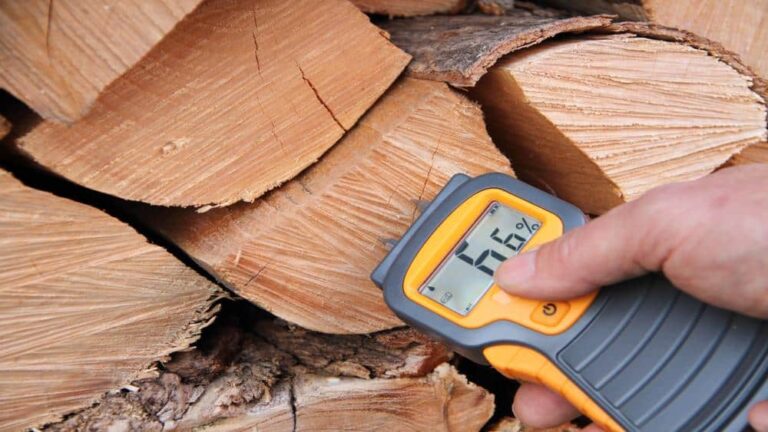
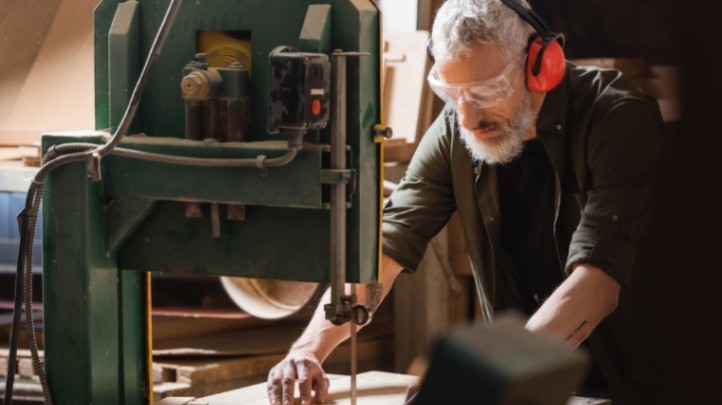
![Best Drill Bit for Tree Stump: Reviews & Guide[Updated]](https://drill-guy.com/wp-content/uploads/2022/01/Drill-Bit-for-Tree-Stump-768x432.jpeg)
